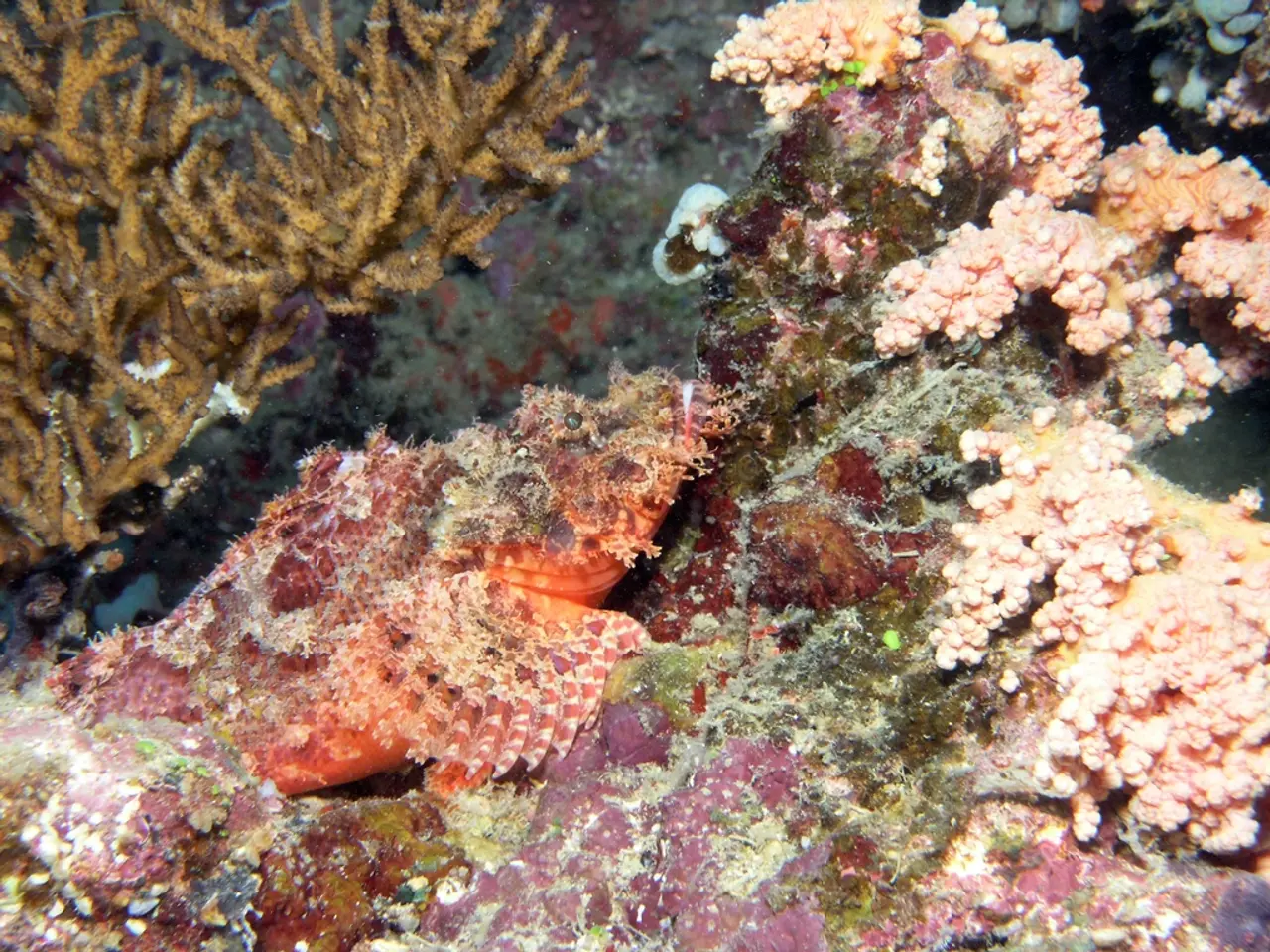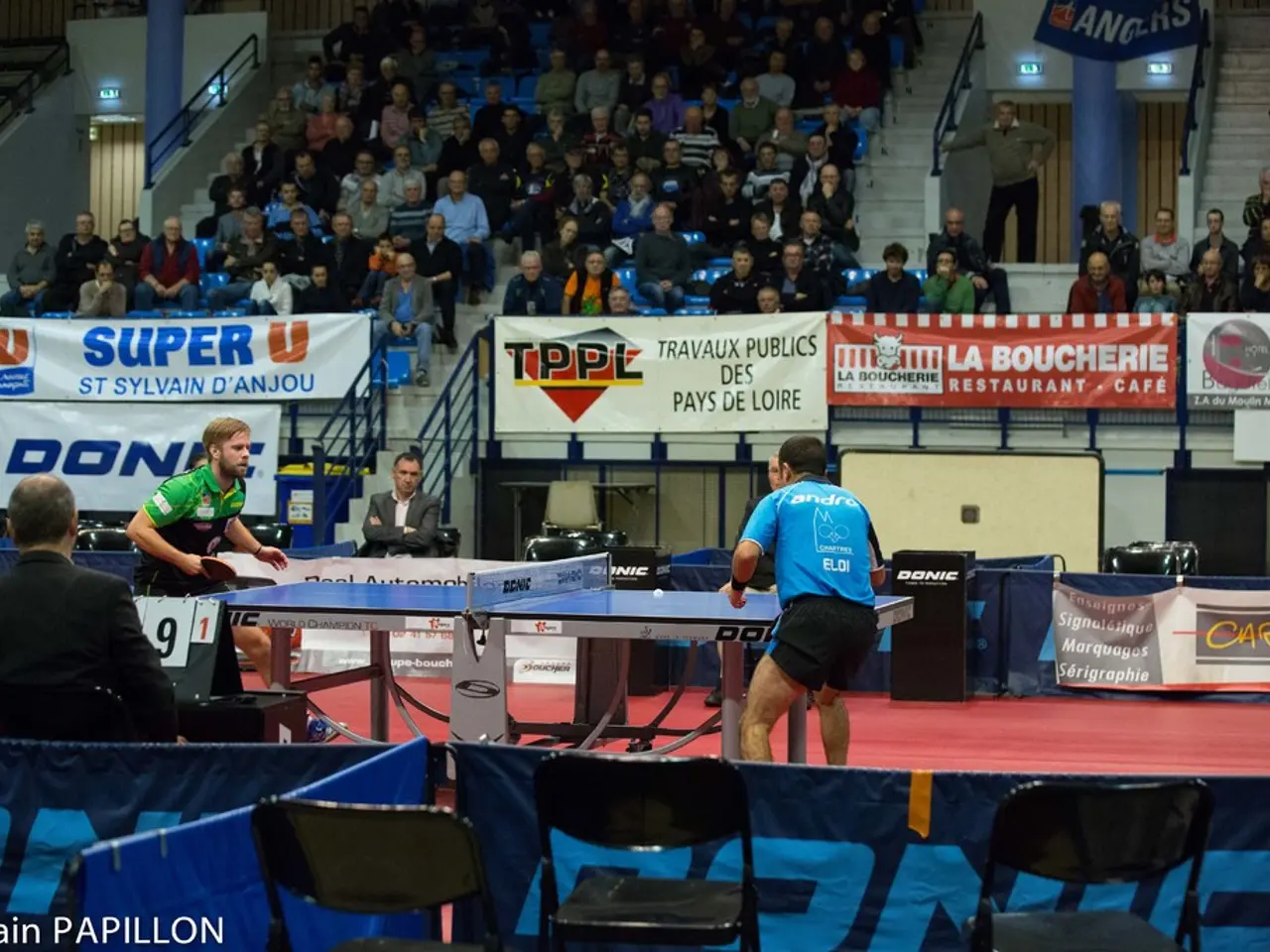The Shift Towards Strengthening Baltic Sea Protection in Schleswig-Holstein
Goldschmidt serves as a defensive advocate for the safeguarding of the Baltic Sea.
The wind of change is blowing in Schleswig-Holstein, as Environment Minister Tobias Goldschmidt senses a more favorable climate for heightened protection of the Baltic Sea. In a candid conversation with the German Press Agency, Goldschmidt expressed optimism, stating, "The conversation has taken a turn for the better. Everyone's finally realizing the gravity of the Baltic Sea's predicament and the need for action."
This change in sentiment was palpable during the information sessions on the Action Plan for Baltic Sea Protection in the spring. After months of debate that occasionally grew heated, the black-green coalition reached an agreement in March 2024 on expanding protected areas. Goldschmidt's plans for a national park, however, had to take a backseat. "It's a political compromise," Goldschmidt admitted. "Democracy isn't about being ashamed of compromises."
In the near future, approximately 12.5% of the Schleswig-Holstein portion of the Baltic Sea—a significant increase from the previous protection levels—will be under stringent protection. Three marine nature reserves, covering nearly 8% of the country's Baltic Sea area, are planned for the waters west of Fehmarn island, the southern Hohwacht Bay, and between the Schlei estuary and Gelting. The designation process is ongoing, with completion slated for 2026. In the meantime, Goldschmidt's ministry is several steps ahead, already preparing the ordinance for the creation of these new protected areas, inviting public opinion through their website.
Existing Natura2000 areas, which currently protect 4.5% of the Baltic Sea area of the country, will receive a stricter protection status. Sagas Bank south of Fehmarn, the Stoller Ground east of the Eckernförde Bay, and the Geltinger Bay will be under closer scrutiny.
The Impact on Fisheries and Agriculture
The state fisheries association voiced concerns at the end of April, claiming that the action plan omitted any concessions for them. However, Goldschmidt disagrees. "The fishermen are the victims of the Baltic Sea's deteriorating condition, thanks to nutrient inputs, climate change, overfishing, and multiple uses leading to the depletion of fish stocks." Consequently, Baltic Sea protection is indeed an investment in the future of fisheries.
Farmers in the catchment area of the Baltic Sea will face restrictions as well. They are required to reduce nitrogen and phosphorus inputs by 10% by 2030 and 20% by 2035, compared to current levels. Goldschmidt remains hopeful, asserting, "I believe the reductions can be achieved. Plans will be presented by autumn, and then we'll see. As environmental minister, I'm a fan of binding agreements." Voluntary compliance, according to Goldschmidt, tends to benefit those who opt out.
Inspiring Change and the Possibility of a National Park
Goldschmidt is confident in the action plan, believing that "real progress in improving the Baltic Sea's condition can only be achieved if everyone contributes." The planned steps are comprehensive and expect commitment from all parties. "The action plan will receive widespread support from society."
And what about the much-awaited national park? Goldschmidt has a positive outlook, expressing, "National parks generate excitement worldwide, serving as tools for preserving nature and inspiring people." The Wadden Sea National Park, which attracts tourists and nature enthusiasts, testifies to the region's dedication to natural preservation. Goldschmidt attributes the Wadden Sea National Park's success to the CDU, though he implied that a new national park for Baltic Sea protection in Schleswig-Holstein could be in the cards. "National parks inspire people, shape countries, and help our communities thrive. We'll see what the future holds."
- The new climate-change and environmental-science policies in Schleswig-Holstein, as outlined in the Action Plan for Baltic Sea Protection, are expected to have an impact on various sectors such as fisheries and agriculture.
- As part of the action plan, farmers in the catchment area of the Baltic Sea will face restrictions, requiring them to reduce nitrogen and phosphorus inputs by a significant percentage over the next few years.
- Despite not being able to establish a national park at this time due to political compromises, Environment Minister Tobias Goldschmidt remains hopeful about the possibility of a national park for Baltic Sea protection in the future, as they have been effective tools for preserving nature and inspiring people, as demonstrated by the success of the Wadden Sea National Park.






